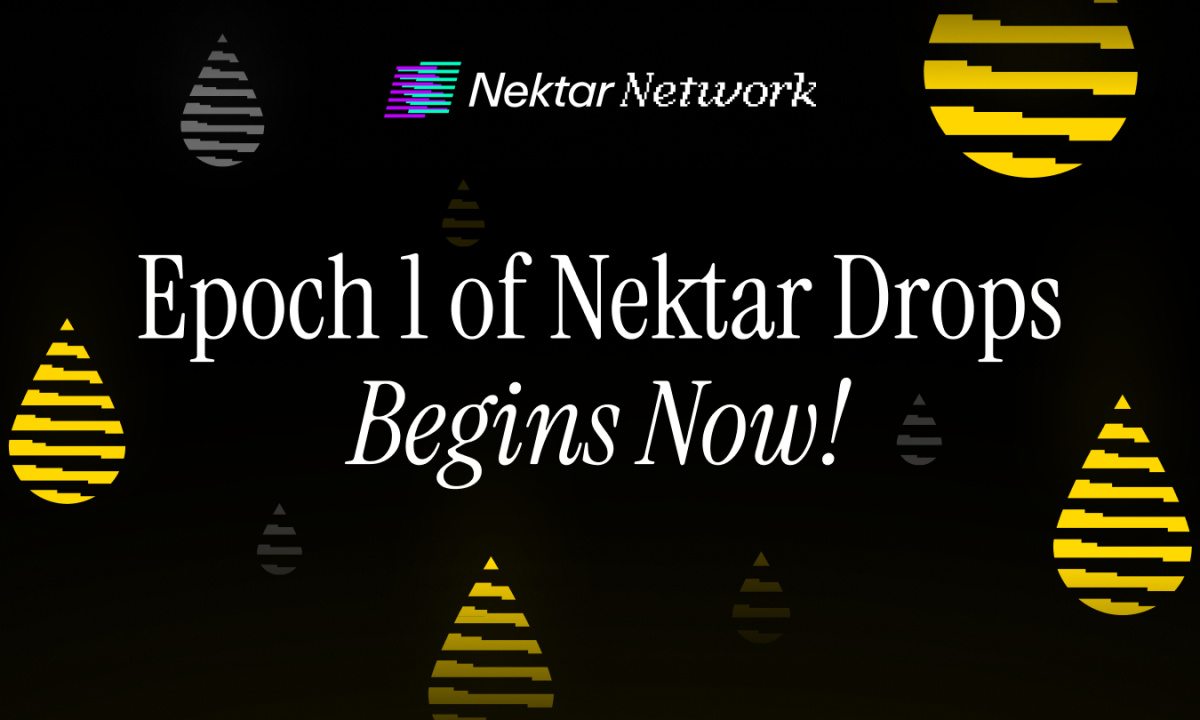Indians choose state blockchain platform in the context of bulk SMS regulations September 20, 2021

(Indian) The Telecommunications Regulator of India (TRAI) has established messaging regulations that require filtering of consumer communications messages to ensure that message recipients have consented to such interactions. The drive is powered by BSNL DLT, a content verification platform based on ledger-based blockchain protocols.
Since the SMS regulation applies to all industries, the list of 7,477 registrants includes banks, educational institutions and private companies. TRAI warned against interception of communications by non-compliant entities, an official said:
“India’s telecom regulator will not accept excuses, review, or renewal for anyone who has not streamlined their SMS process. Let your business suffer 100%. “
Companies using BSNL DLT must test SMS with pre-registered messaging templates stored on the blockchain. In the event of a mismatch, the message will be intercepted by the company’s telecommunications service provider while protecting the interests of the consumer.
Related: Indian University joins Hedera. decentralized board of directors
India’s commitment to blockchain adoption has solidified after a state university, the Indian Institute of Technology Madras (IITM), joined 38 global institutions to manage the ledger.
According to Professor Prabhu Rajagopal of the IITM’s Center for Non-Destructive Evaluation, the organization will explore use cases around public blockchains for payments, healthcare, industry and digital media.
On July 27, Cointelegraph reported that a large institute in India had implemented LegitDoc, a tamper-proof authentication system based on the Ethereum blockchain, to verify diploma certificates. Other Indian universities are currently investigating and implementing similar strategies.
India’s state-owned telecommunications company Bharat Sanchar Nigam Limited (BSNL) has registered 7,477 companies on its blockchain-based media platform after authorities enacted new regulations to protect consumers from spam and fraud.
.
.













